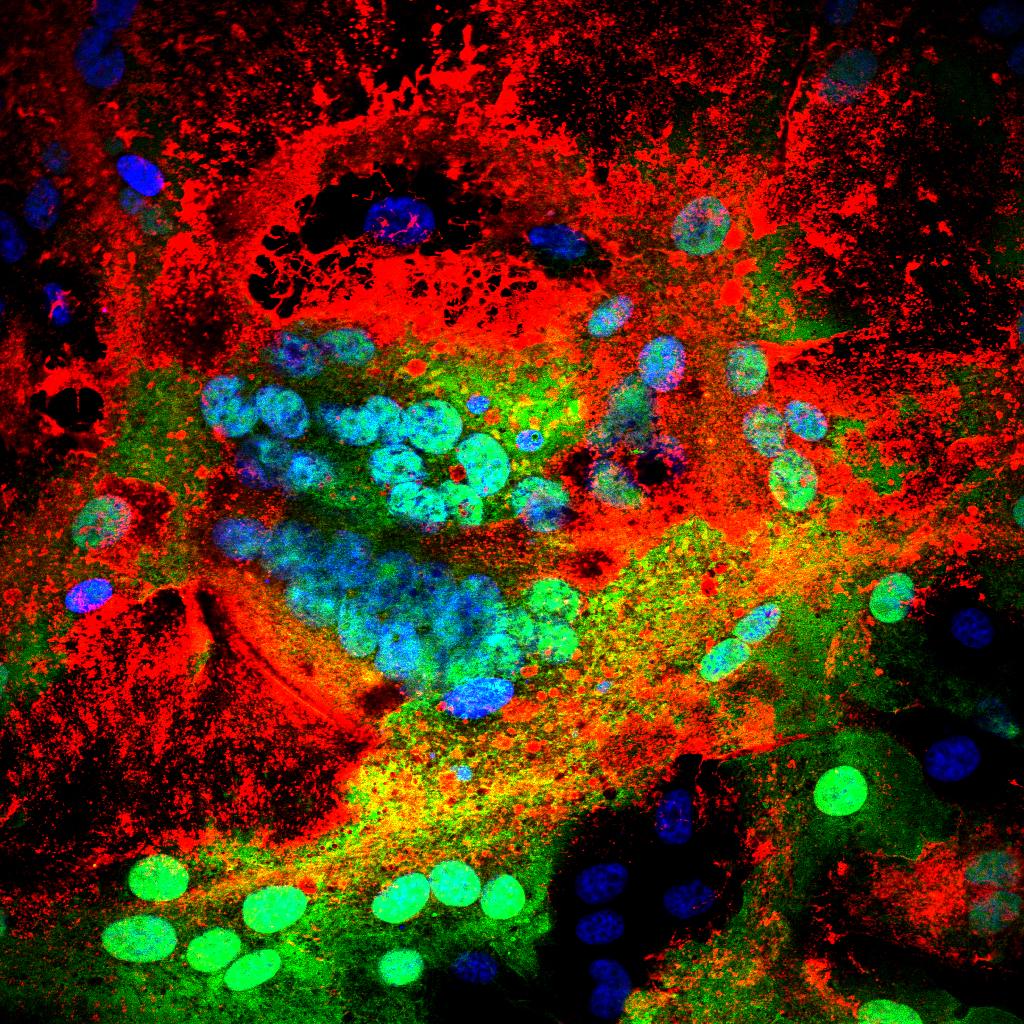Detection of subclinical peste des petits ruminants virus infection in experimental cattle
The present study was undertaken to investigate the possible involvement of cattle in the epidemiology of peste des petits ruminants (PPR) as subclinical carriers. Cattle were exposed experimentally to PPR virus (PPRV) infection or placed in contact with PPR infected goats. Clinical samples including heparinized/EDTA blood, plasma, peripheral blood monocyte cells (PBMCs) and clotted blood (for serum) were collected periodically from 21 days post infection (dpi) to 397 dpi (21, 45, 50, 57, 65, 95, 111, 119, 148, 190, 203 and 397 dpi) and tested for PPRV antigen, nucleic acid and antibody. Exposed cattle seroconverted and maintained PPRV specific haemagglutinin antibodies and detectable PPRV antigen/nucleic acid in blood, plasma and PBMCs from 21 to 397 dpi. PPRV was recovered from blood and PBMC collected from experimental animals at 21 dpi, initially in B95a cells and then adapted to Vero cells. The study indicated that PPRV can infect cattle subclinically and PPRV antigen/nucleic acid persist in cattle for at least 397 days.
Back to publications
